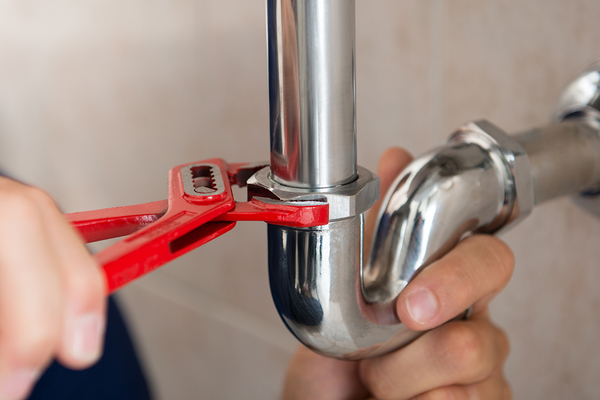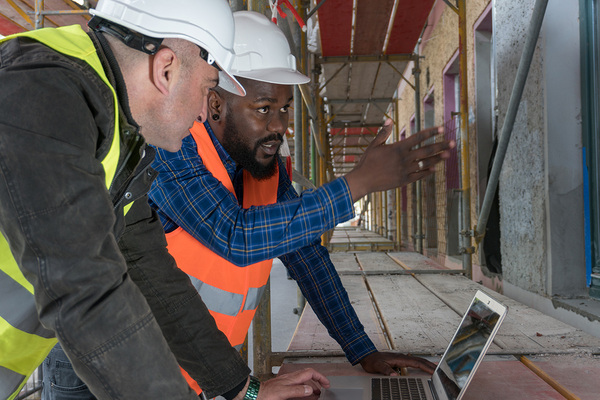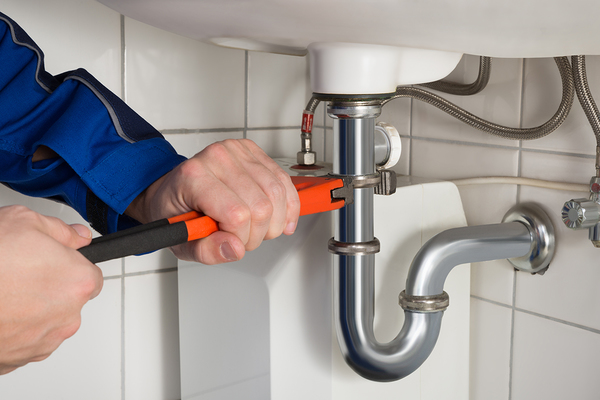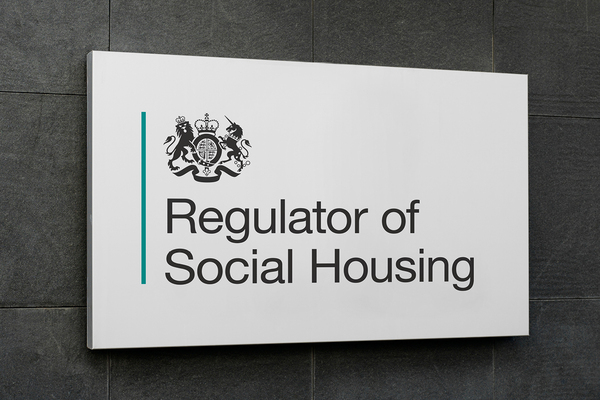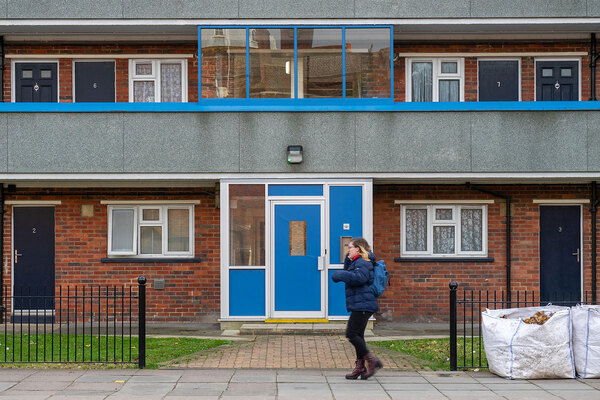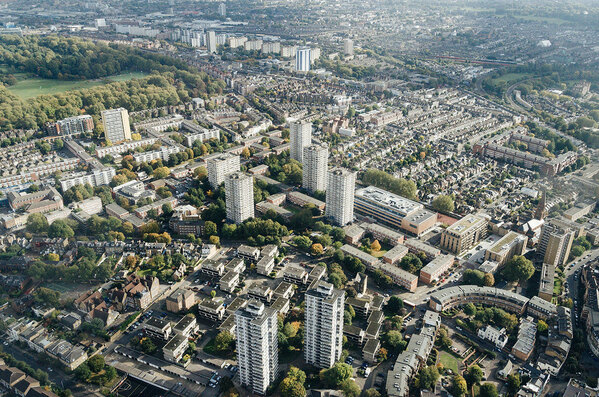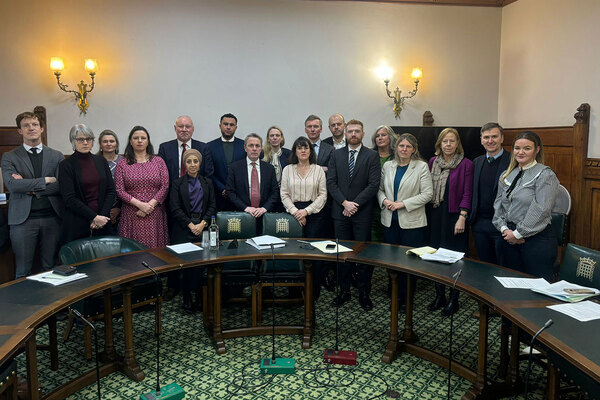You are viewing 1 of your 1 free articles
Service standards should not drop during crisis, says ombudsman
Service standards should not drop during the coronavirus crisis, the Housing Ombudsman has told landlords.
In new guidance, the complaint arbitration service said that “normal service standards should continue to be adhered where possible” despite most housing providers now dealing with emergency repairs only, in line with government social distancing guidelines.
Complaints about revised approaches to repairs, anti-social behaviour and lettings in light of the pandemic should still be considered “on a case-by-case basis”, the ombudsman said.
“If the complaint is about a landlord’s application of the revised approach, ie its failure to identify a repair as being ‘urgent’ or the timeframe in which a repair has been completed, landlords should consider the complaint carefully,” according to the guidance.
“Landlords are still providing a service and must consider the reasonableness of a service that has been delivered under the revised approach.
“The ombudsman would expect remedies to continue to be applied appropriately to situations where any delays are due to the actions or omissions of a landlord.
“The ombudsman would not consider it necessary, or a reasonable expectation on a landlord, to offer compensation for any delays in service that are solely due to the COVID-19 restrictions over which a landlord has no control.”
Timeframes should still be met with residents given explanations where delays arise because of the COVID-19 outbreak, it added.
Outstanding jobs should remain open and be tracked so they can be revisited when possible, the ombudsman said.
Existing complaints about repairs “should still be considered as normal” and the ombudsman should be told when cases are considered closed.
For new orders relating to non-urgent repairs, the ombudsman will not be applying timescales during the crisis, while deadlines for complying with existing orders will be extended where it is not possible for the required work to be completed.
Complaints about neighbours failing to follow social distancing rules should be logged and responded to, the guidance said, and police should be informed “where necessary so that enforcement action can be considered where appropriate”.
Anti-social behaviour (ASB) complaints should be dealt with “as fairly as possible in the circumstances”.
“Where visits are no longer possible, the landlord can consider phoning the residents involved, holding conference calls or video calls to try and assist with resolving the ASB dispute,” the ombudsman said.
The service also said it recognises that the crisis “has placed some restrictions on how residents can lodge complaints” – for instance because of contact centres closing – but that it expects landlords to “continue to provide access to its complaints service via as many means as possible and to continue to accept and deal with complaints in the usual manner as best as they can”.
Update: at 9.42am 15/04/20 a line relating to deadlines on ombudsman orders was added to the story.
More on coronavirus
To see all our coronavirus coverage to date – including the latest news, advice to providers, comment and analysis – use the link below.
Sign up for our daily newsletter
Already have an account? Click here to manage your newsletters
